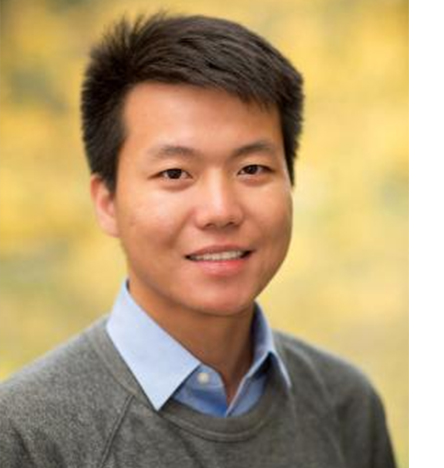 Interface Engineering for Hybrid Bonding Interconnect
Interface Engineering for Hybrid Bonding Interconnect
Dr. Renxi JIN
Institute of Microelectronics of the Chinese Academy of Sciences, China
Abstract:
Interface Engineering for Hybrid Bonding
Interconnect
Dr. Renxi JIN, Institute of Microelectronics, Chinese
Academy of Sciences
Hybrid bonding is a key technology for advanced packaging and 3D integration, enabling high
density interconnects through the simultaneous direct bonding of dielectric and metal. This
capability is essential for supporting next-generation applications such as high-performance
computing, artificial intelligence chips, and high-bandwidth memory. As bonding pitch
continues to scale down to the sub-micron level, interfacial quality has become a critical factor
determining interconnect reliability and electrical performance. Consequently, one of the major
challenges today is how to precisely engineer these interfaces to achieve robust and reliable
bonding. In this talk, I will review recent progress in hybrid bonding interface investigation, with
particular emphasis on the development of novel interconnect materials, interface
characterization and engineering, and the understanding of bonding mechanism. I will also
discuss the application of advanced characterization techniques for real-time monitoring of
interfacial evolution during processing, which plays a vital role in guiding the development of
effective interface optimization strategies for hybrid bonding.
Speaker's Biography:
Renxi Jin is a Professor at the Institute of Microelectronics, Chinese Academy of Sciences (CAS).
He received his Ph.D. from Northeast Normal University in 2016 and subsequently conducted
postdoctoral research at Peking University and the University of Notre Dame (USA). Before
joining CAS, he worked as a Senior Engineer in the R&D department of a leading global
technology company. His research specializes in high-density interconnects for 3D chip stacking.
To date, he has published over 50 papers in top-tier journals, including PNAS, JACS, and ACS
Nano, and has led multiple research projects, including grants from the National Natural
Science Foundation of China.